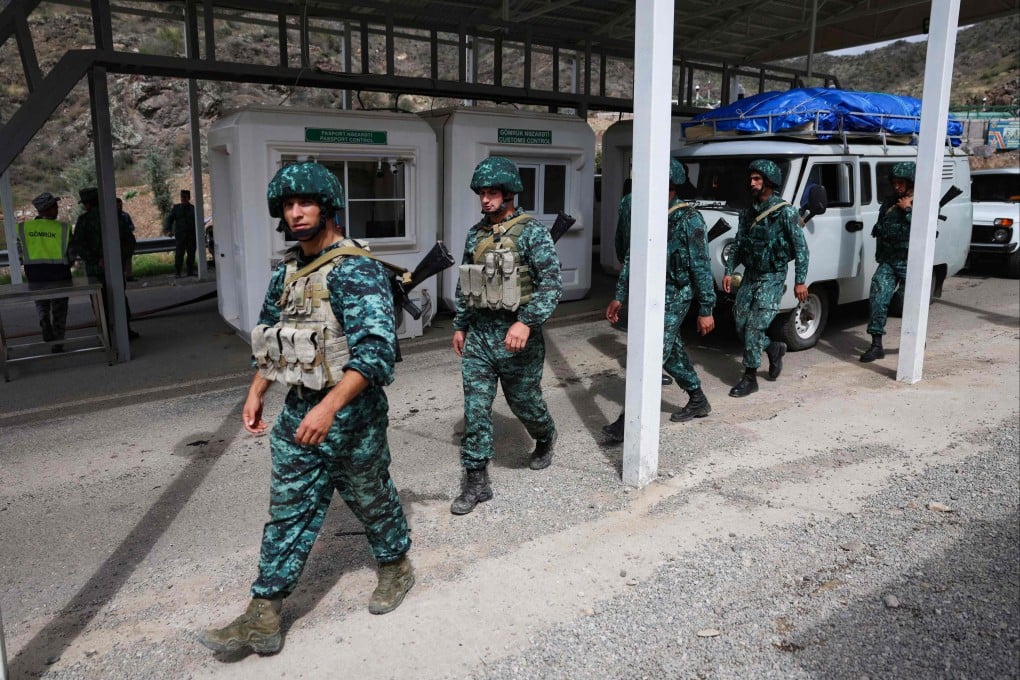Letters | Be warned, the pain of war lingers long after the fighting ends
Readers reflect on the scars of the Nagorno-Karabakh conflict, waste management solutions for Hong Kong and the ticketing scramble for next year’s Coldplay show

My personal interest in the Karabakh conflict began with my childhood hobby of stamp collecting. As a young philatelist, I was drawn to regions like Abkhazia, Transnistria, and Karabakh, areas marked by ethnic strife following the collapse of the Soviet Union.
Personal encounters later reinforced my ideas about these divisions. In Karabakh, an Armenian philatelist warned me against mentioning Azerbaijan, whom Armenian people regarded as the enemy. Years later, at the 2015 World Scout Jamboree, Azerbaijani peers described Armenia as the aggressor in their booth.
Nothing in life is permanent. Flowers bloom and fade with the seasons, and mountains are slowly reshaped by the forces of nature. Nations, too, are subject to the inevitable passage of time. Karabakh’s ancient fortresses have witnessed the fall of Artsakh. But does the passage of time always bring progress? The Soviet song Wondrous Future pleaded, “Oh wondrous future, please do not be cruel to me!” While we aspire to a better future, humanity remains tragically bound to the pursuit of fleeting glories – glories that will eventually be washed away by the tides of history.